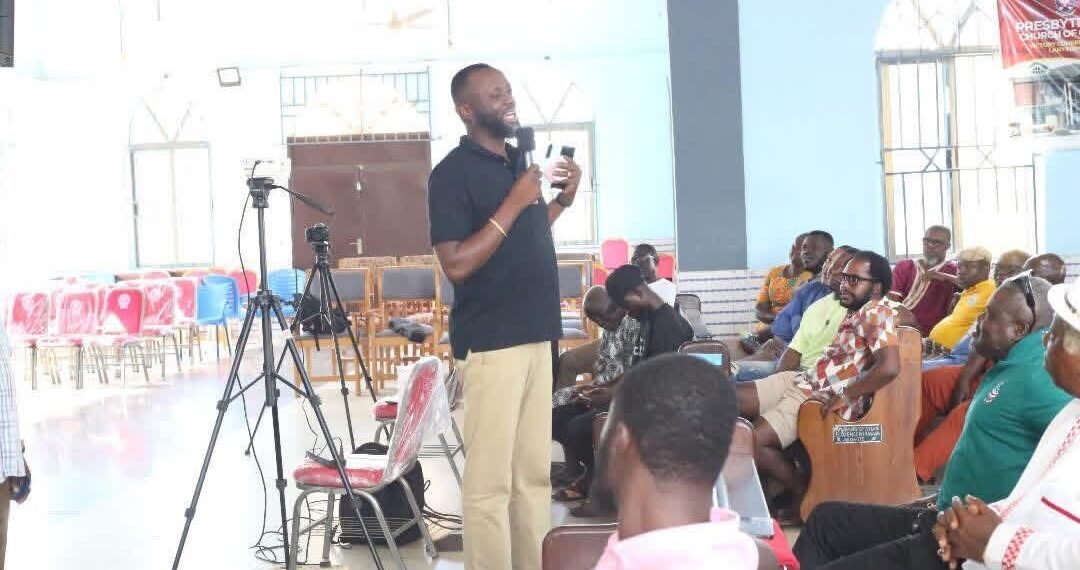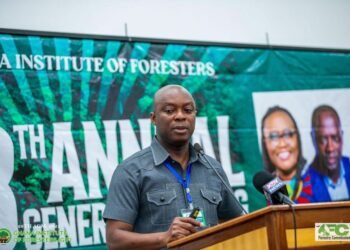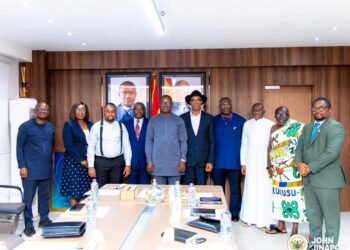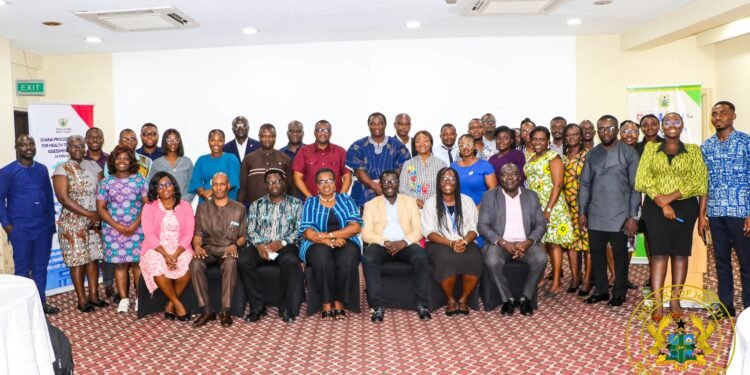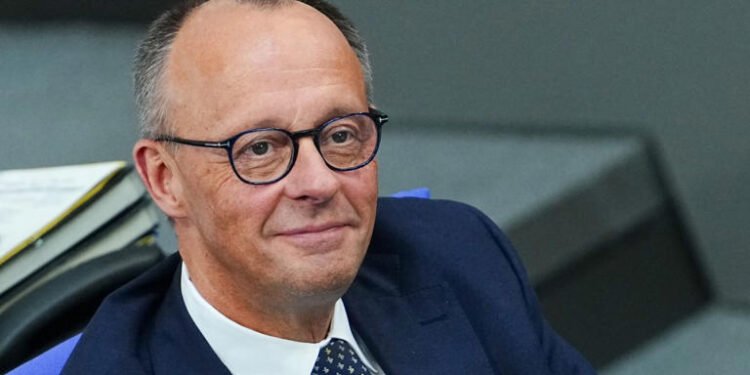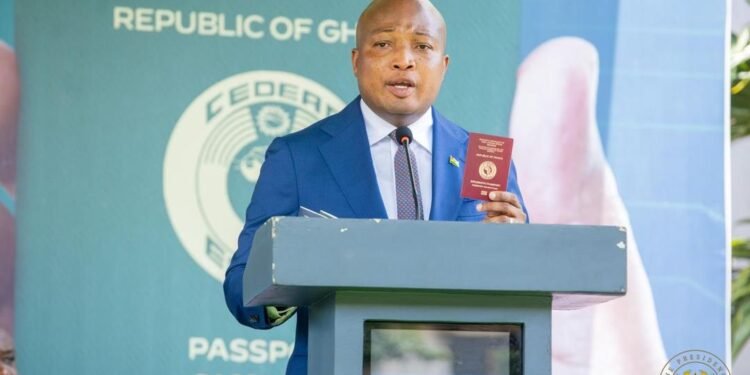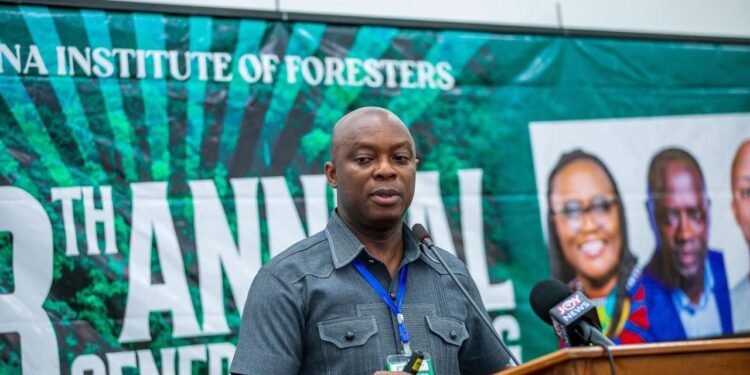The Atiwa East District Assembly, the Ghana National Association of Small-Scale Miners (GNASSM), and the Ghana Gold Board (GoldBod) have come together for a high-level engagement to promote responsible and sustainable mining in Eastern Region .
This collaborative effort aims to strengthen the mining sector’s traceability, environmental protection, and fair pricing mechanisms within the framework of GoldBod’s regulatory oversight.
“The meeting marked another step forward in Ghana’s collective journey toward a formalized, transparent, and environmentally sustainable mining sector that benefits both local communities and the national economy.”
Atiwa East District Assembly
The meeting, held at the Presby Church in Anyinam, brought together key stakeholders, including the District Chief Executive (DCE) for Atiwa East, Hon. Ernest Owusu Ntim, and representatives from GNASSM’s Birim, Akwatia, Anyinam, and Kyebi zones.
This strategic gathering underscores the commitment of the local government, small-scale miners, and the state regulatory agency to address the challenges plunging the mining industry and chart a path towards sustainable development.
Call for Responsible Mining Practices
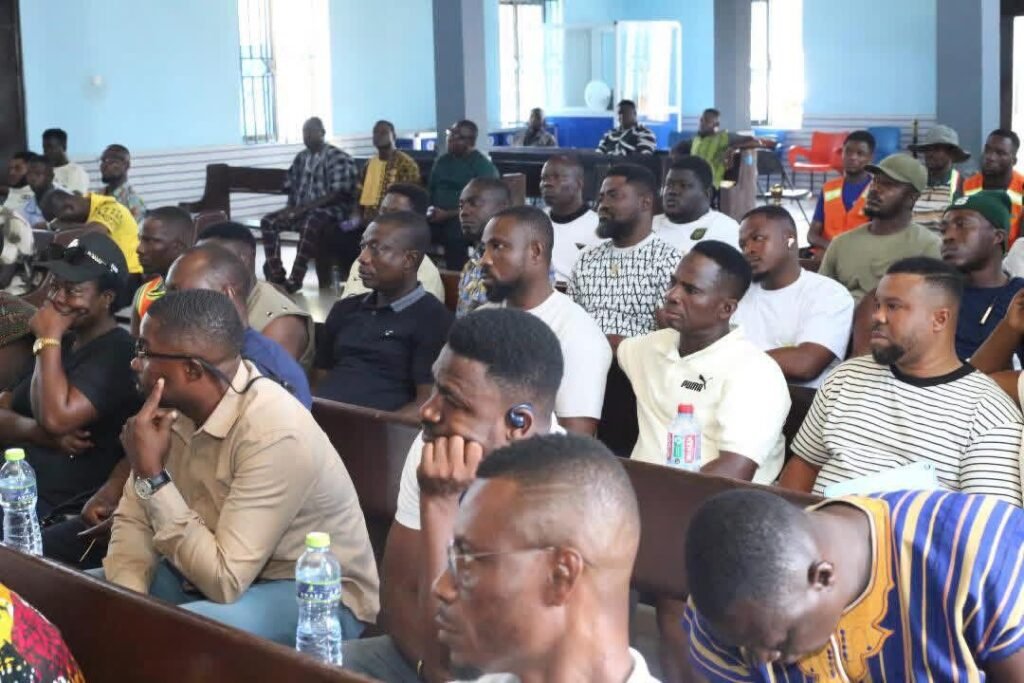
In his address, Hon. Ernest Owusu Ntim commended the small-scale miners for their contributions to the local and national economy but emphasized the urgent need for a renewed commitment to legal, safe, and environmentally responsible mining practices.
“It is time to mine responsibly and sustainably,” he stressed, highlighting the severe damage caused by unregulated operations to water bodies, land rehabilitation, and affected communities.
The DCE also underscored the importance of corporate social responsibility (CSR), urging miners to contribute to development projects that uplift the livelihoods of residents, such as the Ghana Sugar Factory and other community initiatives.
“We must work together to ensure that mining activities not only generate economic benefits but also contribute to the overall well-being of the people,” he emphasized.
Enhancing Traceability and Fair Pricing
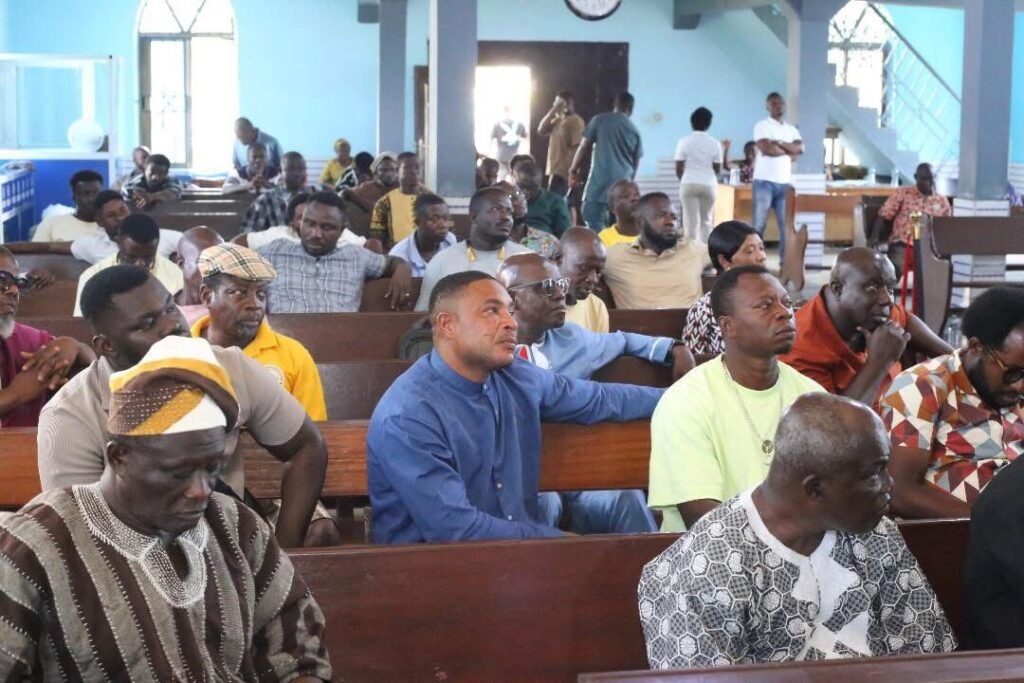
Officials from the Ghana Gold Board used the platform to educate miners on the critical role of traceability in the gold value chain.
They explained that tracking gold from its source to the final buyer ensures legality, transparency, and integrity in Ghana’s gold trade.
This emphasis on traceability aligns with GoldBod’s mandate to formalize the small-scale gold mining and trading sector, combating illegal activities and promoting responsible practices.
Furthermore, Ghana Gold Board representatives outlined the organization’s gold pricing framework, assuring miners that the system is designed to promote fairness, prevent exploitation, and ensure that miners receive competitive and transparent prices for their gold.
Efforts for Sustainable Mining Development
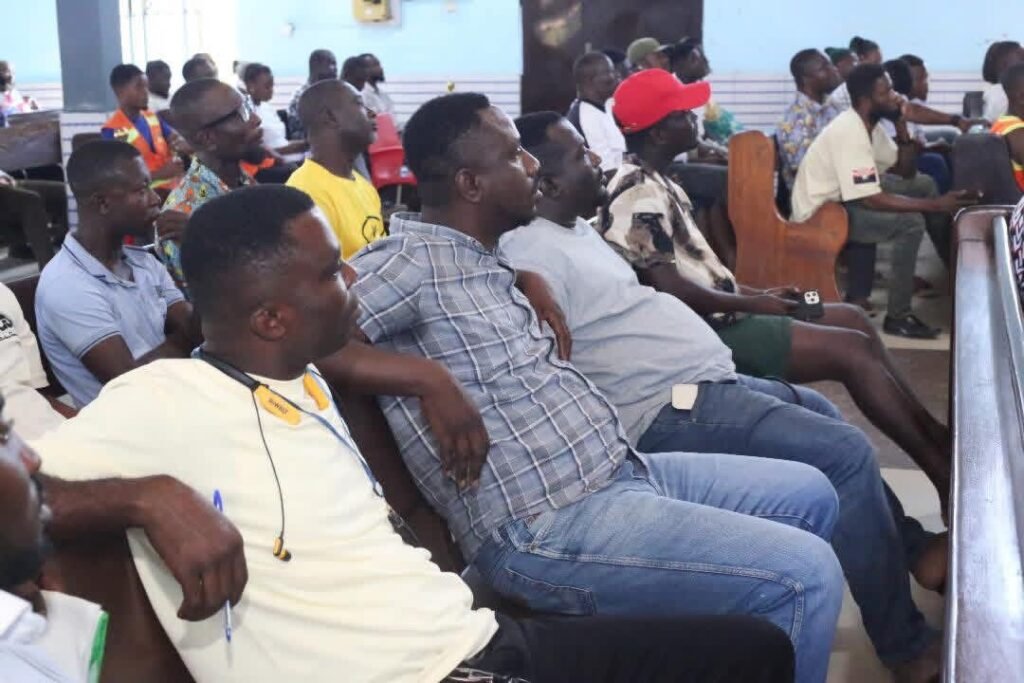
The Atiwa East District Assembly, the Ghana National Association of Small-Scale Miners (GNASSM), and the Ghana Gold Board (GoldBod) have come together to spearhead a collective effort to enhance responsible and sustainable mining practices in the Eastern Region.
The District Assembly, under the leadership of Hon. Ernest Owusu Ntim, has taken a firm stance against illegal mining activities, known as “galamsey,” and has announced a GH₵10,000 reward for individuals who provide credible information leading to the arrest of persons involved in such unlawful operations.
This move demonstrates the Assembly’s commitment to addressing the environmental and social challenges posed by unregulated mining practices.
GoldBod, in its role as the regulatory agency, has been instrumental in educating miners on the importance of traceability and fair pricing mechanisms.
By working closely with GNASSM, the state board aims to ensure that small-scale miners operate within the legal framework, adhere to environmental standards, and receive equitable remuneration for their gold.
While the stakeholders continue to work together, the mining industry in Ghana is poised to evolve, striking a balance between economic growth, environmental conservation, and social responsibility.
This holistic approach will not only benefit the miners and their communities but also safeguard the nation’s natural resources for present and future generations.
READ ALSO : UBA Unveils $30 billion Financing Roadmap to Drive Africa’s Competitiveness

